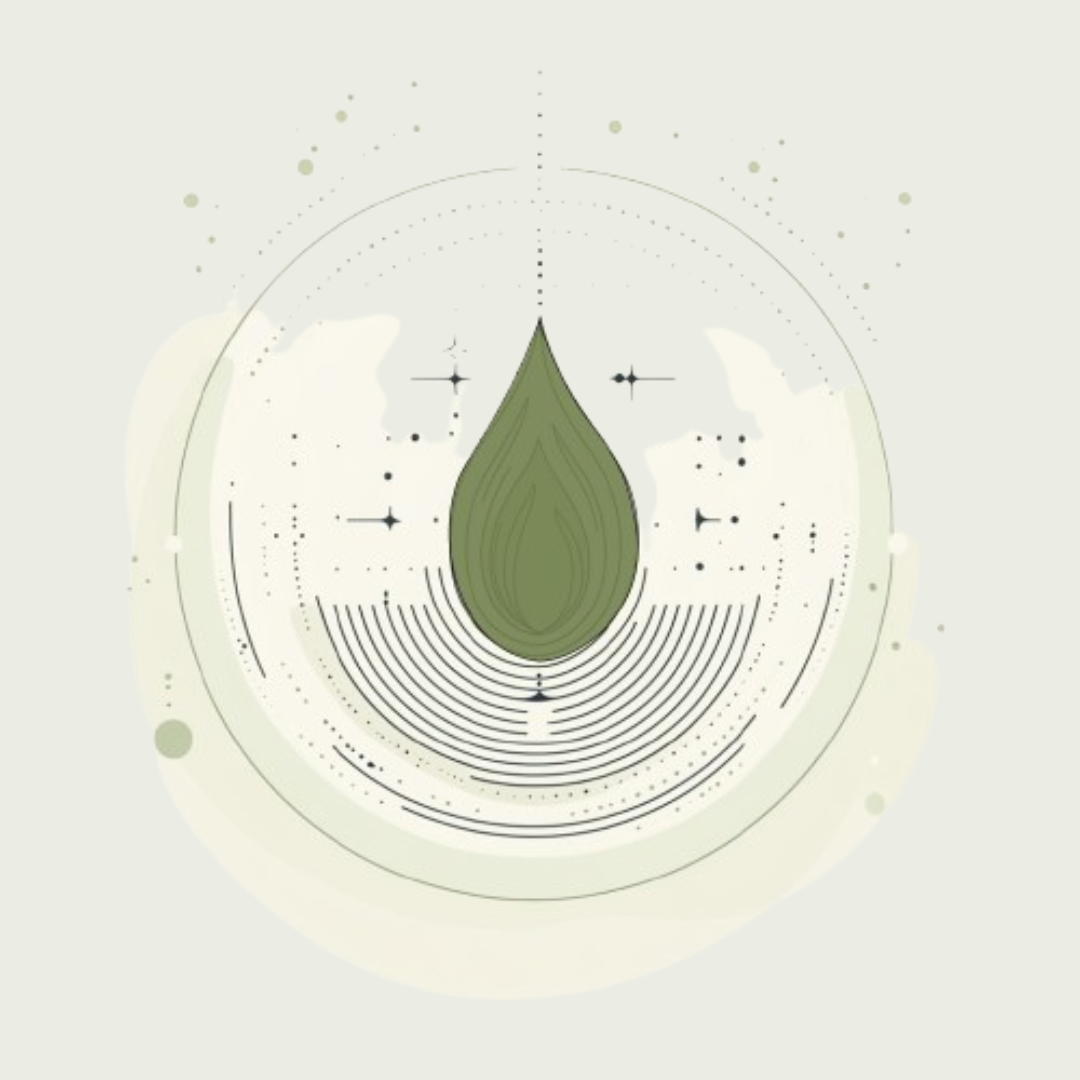Highlights
The human body is a marvelous working mechanism that controls complex structures and systems that enable you to carry out everyday tasks with ease. You don’t even think about most of the tasks that your body performs but it coordinates everything so you can function efficiently every second.
The Human Body and the Nervous System
The nervous system is responsible for nearly all the activities that take place in your body. It is often dubbed as the command center because it is in control of an array of processes you don’t even think about such as breathing. The nervous system is essentially what makes you human as it enables you to make sense of the world around you. It can be broken down into two sub-parts: the central nervous system or CNS and the peripheral nervous system. CNS involves your brain and the spinal cord. The peripheral nervous system takes information from the CNS and sends it to the other parts of your body such as your organs.
The peripheral nervous system can be further broken down into the autonomic nervous system and somatic nervous system. The CNS and peripheral nervous systems contain cells known as nerve cells or neurons. The neurons use electrical signals to communicate with each other and with other cells in the body. Neurons interpret information and make you aware of what is happening. When you look at a butterfly, neurons help interpret what you are looking at so you can understand what it is. Neurons make up a large network so that communication can occur between your entire body.
The nervous system affects all parts related to your health. How you respond when you are emotional is governed by the nervous system. Similarly, your ability to move the way you want is the responsibility of the nervous system. The nervous system controls your memory and your thought processes. The aging process is also controlled by the nervous system. It affects your senses so you can feel, touch, see, taste, and hear. It controls your body development such as puberty and even your digestion.
When discrepancies occur in the nervous system, our whole body is bound to get disoriented. Let us discuss more in detail about the nervous system in terms of Ayurveda and also a mention about the best nerve tonic in Ayurveda to help.
Ayurvedic Perspective of the Nervous System: The Majja Dhatu
In Ayurveda, every individual has a distinct body composition. The five elements; fire, earth, ether, water, and air, are the foundation of all living things. The Doshas determine your unique body type which defines your mental, physiological, and physical self. An individual has different proportions of each of these three Doshas that make up his/her constitution. This is what makes an individual different from others. The nervous system is governed by the Vata dosha according to Ayurvedic principles.
In Ayurveda, the Sarira (body), Manas (mind), and Prana (life force) are essentially supported by Dhatu. On the whole, Ayurveda identifies a total of seven Dhatus, one of which is the Majja Dhatu.
Ayurveda refers to the nervous system as Majja Dhatu. This includes the brain, the spinal cord, vertebrate, and the skull.
Majja Dhatu regulates and controls the functions of the brain and the nervous system, overseeing the physical attributes, strength, and bone nourishment, and mental and emotional state. The effects of the modern lifestyle combined with poor diet, insomnia, and suppression of emotions have a devastating effect on Majja Dhatu. The other Dhatus include:
❖ Rasa Dhatu (Plasma)
❖ Rakta Dhatu (Blood)
❖ Mamsa Dhatu (Muscle)
❖ Meda Dhatu (Fat)
❖ Asthi Dhatu (Bone)
❖ Shukra Dhatu (Male Reproductive Tissue)
❖ Artava Dhatu (Female Reproductive Tissue)
When Prana or life force energy is healthy, then your bodily functions are at their optimal level and this is the desirable state that you should be in. However, problems start to occur when slowly the Prana isn’t flowing properly. This indicates a problem in the Majja Dhatu. The tissues or Dhatu in Ayurveda are working to achieve a balance in the mind, body, and prana. Anything you do that causes the Majja Dhatu to get into an imbalance is responsible for the Prana-related problems which you experience. External factors can also cause your Majja Dhatu to go out of balance such as accidents.
The Effect Doshas on the Majja Dhatu
How doshas affect the Majja Dhatu is key to understanding how it is all connected.
Vata in excess leads to weak and improper tissue formation. Prana can have problems such as being excessive or deficient when Vata is out of balance. The changes to the Prana can occur suddenly or they can occur slowly building the problem over time. This means there can be too much activity or way too little activity. When the Vata-related problem is a long-term one, then it can lead to the tissue becoming fragile and thin. The tissues can become dry too thereby hindering the Prana to move efficiently. Damage can occur because of the fragility and the other Dosha being present in excess.
When Pitta Dosha is in excess then there are chances of inflammation because the tissue is formed faster than normal. This makes the tissue become hotter which then leads to swelling of the tissues. This swelling leads to neuritis. Another problem that occurs is that the metabolism speeds up too much. While this might sound ideal for burning fat, it isn’t a good thing as per Ayurveda because it means that structures adjacent to the nerves are at a higher chance of getting burnt too.
When Kapha is in excess, it causes more tissue to form than usual. While the high tissue formation might sound good it isn’t because the quality of the tissue is bad. Excess of Kapha makes the Majja Dhatu become thick and heavier which slows down the rate at which neurons communicate with each other. This impacts the Prana flow as it slows down thereby causing more problems. You are unable to process information and aptly respond to your surroundings. If the problem gets out of hand then the Prana can stop which means more serious and severe health disorders. This generally happens over time.
Majja Dhatu and the Body
Nervous system disorders are a result of the Vata dosha primarily. The nervous system pathologies are termed as Vata Vyadhi for this reason. However, the two other doshas can affect the nervous system too thereby causing it to work less efficiently than normal. If Vata is the reason behind the nervous system disorder and disease, then the symptoms that you will experience will be of the Vata nature. For example, you will experience pain and you won’t be able to move as you normally would. Pitta Dosha causes inflammation and prolonged condition can burn out myelin and nerve tissues. If there’s Kapha Dosha, it slows down nerve conduction to a significant extent that can decrease the processing of information and lead to an abnormal flow of nerve impulses.
Majja Dhatu’s Effect on the Mind
Majja Dhatu has a positive effect on your psychology when it is healthy. That is, you feel like everything is right in the world and you feel at peace. You don’t have any negative feelings and if you do, then you are able to change your attention quickly because your focus is on the good and not the bad. The feelings of calmness and understanding are dominant when the Majja Dhatu is working optimally. On the contrary, a depleted Majja Dhatu makes us experience a hollow feeling or some kind of emptiness and dissatisfaction in life. However, when Majja Dhatu is in excess, it can lead to feelings of stagnation and loss of motivation that keep you from performing in life.
What are the Issues Related to the Nervous System?
Problems of the nervous system are related to the imbalances in the optimal levels of the three Doshas, but primarily it’s the Vata Dosha that’s responsible for the smooth functioning of the nervous system. Vata represents movement, and an imbalance of this Dosha level can cause nerve problems like anxiety, stress, and depression apart from a wide range of psychological problems, some of which can be serious and life-threatening.
There are over 600 neurological disorders at present. Some of the most common disorders of the nervous system are as follows:
Stroke
When your brain does not receive blood as it normally should, a stroke takes place then. As the blood contains oxygen, the absence of blood means your brain can’t receive the oxygen it needs, and so the brain cells start to die. As this progresses it can even lead to permanent disability or even death.
Epilepsy
Epilepsy is categorized as a disease where people start to have seizures. It is a brain disorder and people’s behavior might be out of the ordinary. Epilepsy takes place when neurons communicate in the wrong way and are unable to send the right signals.
Meningitis
This disorder occurs when the meninges become inflamed. The two major types of meningitis include bacterial meningitis and viral meningitis. The former is rare but can lead to death. Viral meningitis is when a virus goes to the brain and causes damage to meningitis.
Cervical spondylosis
Cervical spondylosis tends to worsen as you age as research has found that more than 80% of people more than 60 years old are affected by this nervous disorder. Cervical spondylosis affects the spinal discs in the neck area.
Ayurvedic Ways to Help Your Nervous System
Speaking of Ayurvedic treatments for nervous system disorders, there are time-tested techniques and specially formulated Ayurvedic syrups and tonics that aim to provide holistic relief and recovery from the root cause of these disorders. Every neurological disorder has a treatment plan drafted along with Ayurvedic principles that offer comprehensive solutions without side effects.
In a nutshell, treatment options include focusing on the Dosha to restore to each one’s optimal levels, getting medicines like specific brain and nerve tonic, and calming the nervous system via cleansing and detoxification. An Ayurvedic diet plan is recommended to boost brain function and promote the health of the nervous system. Holistic treatment includes:
-
Counselling the patient
-
Nidana parithyaga (avoid all causative factors)
-
Samshodhana therapy includes Vamana, Virechana, Vasti, Nasyam
-
Shirodhara, Sirovasthi, Thalapodichil are also beneficial
-
Intake of Shamana Oushadhis
Your nervous system can be also kept in balance with the help of a herbal nerve tonic. If you want to know the best nerve tonic in Ayurveda, then consider Saraswatharishtham. This potent tonic is prepared with the best herbs and there are many Saraswatharishtam uses as will be discussed below.
Saraswatharishtham Benefits
The benefits of Saraswatharishtam are as follows:
-
It supports good sleep quality so you don’t wake up in the middle of the night.
-
The best nerve tonic helps improve your nervous system so it works optimally..
-
The nerve tonic helps to expedite healing so any wounds and injuries repair faster.
-
Saraswatharishtham helps maintain your healthy memory.
-
The brain and nerve tonic helps maintain the optimal levels of the three Doshas.
-
It has liver-protecting characteristics.
-
The nerve tonic medicine helps reduce inflammation.
-
Saraswatharishtham improves your speech.
-
One of the Saraswatarishta benefits is that it helps to increase focus.
-
It is effective for reducing toxins from your body.
-
This tonic for nerve weakness is recommended for most nerve disorders and issues.
This special formula is prepared as per the ancient Ayurvedic scripture Bhaishajya Ratnavali in a traditional way using Arishtam – the herbal nerve tonic or the concoction achieved by fermenting potent medicinal herbs. This mixture helps enhance the effectiveness of the tonic and increases its shelf life for prolonged use. Saraswatharishtam tonic is free from egg, gluten, and soy, and the bottle is BPA-free.
Saraswatharishtham Dosage
The Saraswatharishtam dosage varies for children and adults. For children, you can give them 3ml to 12ml and for adults, you can give 12ml to 24ml.
Ingredients and their benefits
Saraswatharishtam ingredients and their benefits include:
Brahmi (Bacopa monnieri): This Ayurvedic herb helps support normal cognition, memory power, intellect, concentration, and the optimum functioning of the brain.
Shatavari (Asparagus racemosus): It’s a potent Ayurvedic tonic that has restorative and nutritive properties.
Haritaki (Terminalia chebula): It’s a well-known Ayurvedic herb that helps maintain nerve health while helping maintain the optimal levels of all three Doshas.
Dhataki (Woodfordia fruticosa): This herb is a potent immune modulator that helps maintain the strength and health of the immune system naturally.
Ashwagandha (Withania somnifera): It’s the most famous adaptogenic herb that helps manage a healthy response to stress.
Vacha (Acorus calamus): This herb manages three Doshas, and also helps eliminate toxin buildup in the body to treat nerve problems.
The other nerve tonic ingredients also include kushta, ela, lavanga, ashwagandha, dalchini, guduchi, vacha, vidanga, and bibhitaki.
Other Ayurvedic Natural Remedies For The Nervous System
Ayurveda is a treasure trove of remedies and there are other remedies that can help strengthen your nervous system and bring your body back to its balanced state.
Diet
When Vata dosha is not at its optimal level, then the first course of action is to eat oily and moist foods that are packed with nutrition. You can consume ghee by preparing your meals in ghee or mixing some in milk and drinking it. You can consume milk as it helps to bring the Majja Dhatu to its balanced state. Cold milk is not recommended but instead consuming warm milk is the best option. Instead of consuming plain milk, have it with spices that speed up digestion.
If you have an excess of Pitta dosha that is the culprit for Majja Dhatu problems, then your best course of action is to consume naturally sweet-tasting foods. This will help your body cool down while providing it with the nutrition and nourishment it requires. You might think that eating bitter-tasting foods can help cool down your body. However, this must be done carefully because too much bitter food can trigger Vata dosha. If you want to incorporate bitter-tasting foods in your diet, then do a little bit at a time or avoid it for some time until your body is in balance. Consuming ghee and milk is recommended to help maintain Pitta Dosha levels.
When Kapha dosha is causing Majja Dhatu issues, then it is best to focus on foods that taste pungent and bitter. You should eat green leafy vegetables and focus on eating foods that are dry and light. You can use natural herbs and spices when you consume your foods as this can be beneficial for pacifying the Kapha dosha.
Exercise, yoga, and meditation
When you move because of exercise and yoga movements, then the Prana will flow smoothly. People with Vata imbalance should not do any sport extensively that can be exhausting. When opting for yoga poses, it is best to do the ones that are slow and don’t require too much movement. If you are too much out of Vata balance then no activity is best. If your Pitta dosha is not at an optimal level, then slow exercises and yoga is recommended.
You can meditate if your condition is caused due to an imbalance in the Kapha or pitta doshas. But there is one catch. If you have a Kapha imbalance, then you should meditate and ensure you spend time exercising or doing yoga every day too. If you have Kapha imbalance and only meditate, then you will feel lazier and you won’t feel like moving which can lead to other problems. It will directly affect the life force flow in your body.
Other Lifestyle Changes
Even the best nerve tonic in Ayurveda won’t work if your lifestyle is not improved. The way of life is the essential driver of infection and its amendment is the main part of its fix. When Vata is vitiated, the patient ought to get more rest and evade upsetting circumstances. Travel should be limited. When you have Pitta or Vata out of their optimal levels, you should get more rest so they can naturally get back to their optimal levels. However, with Kapha imbalance, it is best if you engage in activities rather than sleep and take a rest. It is recommended that you avoid stressful situations and if they do occur then stay calm. Consciously making the decision to stay calm and not get affected will be of help. You should avoid competing as it will increase stress. Having a routine and planning ahead when possible will help regardless of which dosha is out of balance in your case. Stress management techniques are recommended.
Transform Your Life With Ayurveda
Ayurvedic science has been around for over 3000 years and its effectiveness is being talked about even today. This natural healing science is gaining popularity because of its holistic approach even in complex conditions such as those relating to the nervous system. If you want to make the right changes to your life as per Ayurvedic principles then you can start by visiting the Kerala Ayurveda store that has the best products. For example, you can buy the Saraswatharishtam herbal nerve tonic online that helps to remove or reduce toxins and improve your nervous system functioning. Even if you suffer from any nervous system disorders, you can take this tonic for relief.
Buying is a simple and quick process and the product will be delivered to your doorstep.




